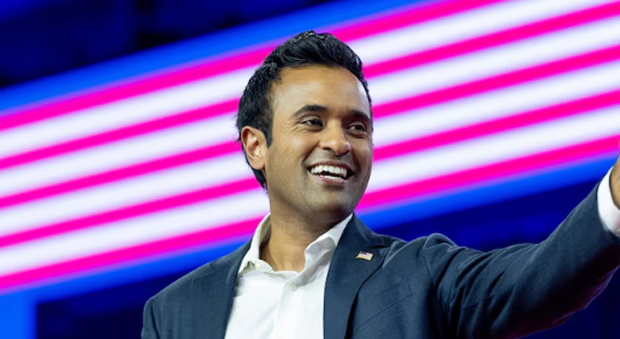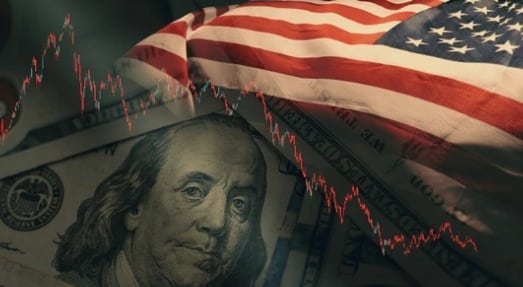The World Economic Forum has predicted that millions of human jobs will be wiped out in the coming years making humans “useless” as artificial intelligence take over.
According to the WEF, 41 percent of companies worldwide will soon replace their human workforces.
The World Economic Forum’s (WEF) Future of Jobs report for 2025 states that nearly half of jobs traditionally performed by humans could be automated by artificial intelligence (AI) by the year 2030.
The report surveyed hundreds of large companies globally and highlighted a transformative – and troubling – shift in the workforce.
The WEF report, released ahead of its annual meeting in Davos, reveals that 77 percent of businesses plan to reskill and upskill their employees to adapt to AI-driven workplaces.
However, the reality is far less optimistic for humans.
AI is not just changing how we work; it is dismantling the foundation of job security for millions and making humans obsolete.
Patrick Wood, editor of Technocracy.news, has raised alarm bells that the report underestimates the pace of AI advancements. He notes that AI has doubled its intelligence and capabilities within the past six to nine months, suggesting that the predictions for 2030 may be grossly understated.
The rapid approach of artificial general intelligence (AGI) – expected as early as 2025 – could lead to widespread displacement in industries across the globe.
The report identifies several roles most vulnerable to automation, including postal service clerks, executive secretaries, and payroll clerks.
Creative and knowledge-based professions, such as graphic design and legal secretarial work, are under threat. Generative AI, the technology behind tools like ChatGPT, has advanced to the point where it can produce original content, draft complex documents, and even replicate creative processes with little to no human input.
This wave of automation doesn’t just eliminate repetitive tasks; it targets jobs once thought to be secure, eroding the middle class and exacerbating economic inequality. The displacement of workers is expected to fuel unemployment, wage suppression, and social unrest as industries scramble to adapt to AI’s relentless march forward.
RELATED: Leaked Docs Reveal WEF ‘Digital ID Agenda’ to Lock World in Digital Prison
The integration of AI into critical systems raises pressing ethical concerns. As AI replaces human oversight in areas like healthcare, finance, and law enforcement, the risks of bias, errors, and lack of accountability become magnified.
Automated systems, while efficient, lack the moral reasoning and empathy required for nuanced decision-making, leading to potentially catastrophic outcomes.
Moreover, the concentration of AI development in the hands of a few powerful corporations and governments increases the likelihood of misuse, surveillance, and control.
The technology that promises progress could just as easily deepen societal divides and undermine democratic freedoms.
While the WEF lauds the potential for “human-machine collaboration,” critics argue that this perspective downplays the harsh realities of AI-driven disruption and that humans are no longer needed.
The rapid pace of automation threatens to outstrip society’s ability to adapt, leaving millions of workers unprepared for the demands of an AI-dominated economy.
The displacement of jobs will fuel mass poverty, and ultiamltey make humans obsolete.











